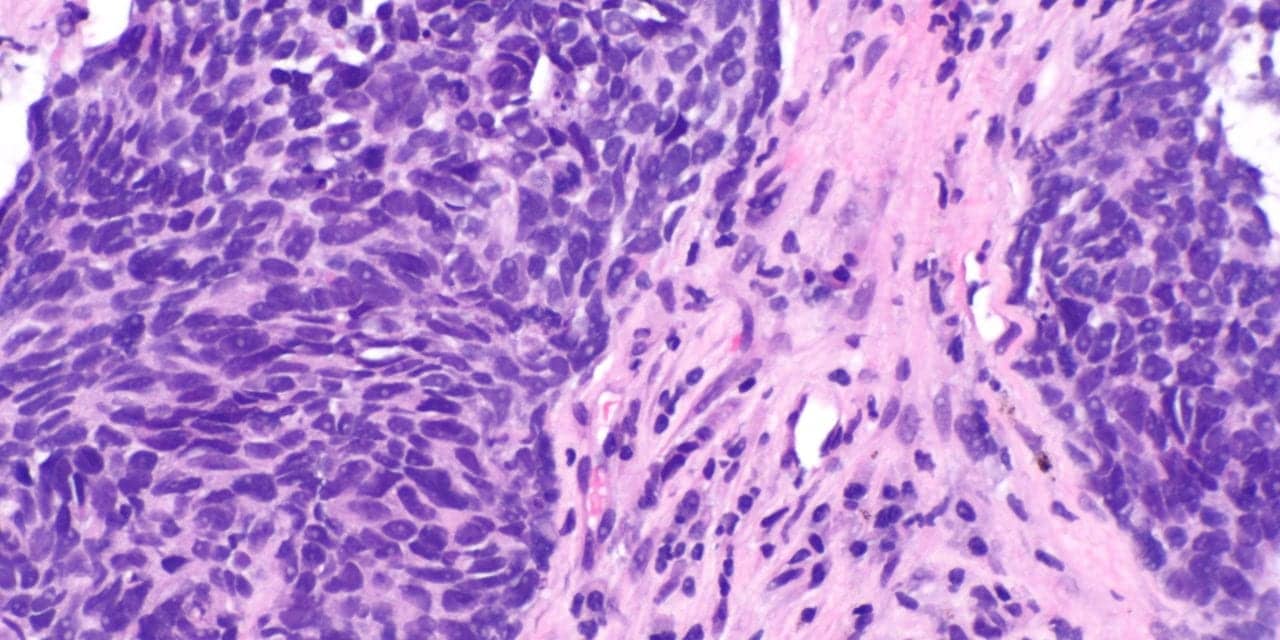Cell-free DNA testing company Natera Inc, San Carlos, Calif, has entered into a research collaboration with Neon Therapeutics Inc, Cambridge, Mass, a clinical-stage immunooncology company developing neoantigen-based therapeutics. The partners will use Natera’s Signatera research use only circulating tumor DNA (ctDNA) assay to assess treatment response to Neo-PV-01 in Neon Therapeutics’ NT-002 clinical trial.
Neo-PV-01, a personal cancer vaccine, is Neon Therapeutics’ most advanced product candidate and is designed specifically for each patient based on tumor-specific DNA mutations. The NT-002 trial is being conducted in collaboration with Merck (known as MSD outside of Canada and the United States), and is designed to evaluate the safety, tolerability, and preliminary efficacy of Neo-PV-01 in combination with Keytruda and a chemotherapy regimen of pemetrexed and carboplatin in untreated patients with advanced or metastatic non-squamous non-small cell lung cancer (NSCLC).
Natera will perform its Signatera ctDNA assay on samples from patients in the study to correlate treatment response with data from the assays. The Signatera assay offers a unique approach to delivering a custom ctDNA assay that matches the patient’s tumor profile, and is intended to offer high specificity and sensitivity in measuring immunological and clinical treatment response.
Signatera is the first ctDNA assay custom-built for treatment monitoring and minimal residual disease assessment. The Signatera methodology differs from currently available liquid biopsy assays, which test for a panel of genes independent of an individual’s tumor. Signatera provides each patient with a customized blood test tailored to match the mutations found in that individual’s tumor tissue, which maximizes sensitivity and specificity. Signatera also allows researchers to track additional mutations of interest, up to several hundred mutations, for clinical studies.
“This clinical trial is especially exciting for us because, for the very first time, we are combining a truly personal immunotherapy with a personalized ctDNA biomarker to better understand treatment response and resistance in patients with metastatic lung cancer,” says Alexey Aleshin, MD, MBA, Natera’s oncology medical director.
A recent study demonstrated the ability of the Signatera assay to detect residual disease, measure treatment response, and identify recurrence up to 11 months earlier than the standard of care for early-stage NSCLC, with 93% sensitivity and zero false positives.1 Additional research presented at the 2018 annual meeting of the American Association for Cancer Research showed successful results from bladder and colorectal cancer studies, including median detection points of ctDNA that were 4.3 and 7.9 months, respectively, ahead of clinical relapse detection.2,3
“We are pleased to apply the Signatera technology to the patient samples that we will be receiving in connection with this clinical trial in order to measure the levels of ctDNA across multiple personal mutations,” says Richard Gaynor, MD, president of research and development at Neon Therapeutics. “We endeavor to employ novel tools in order to develop high-quality treatments for cancer patients, and look forward to the information that we will receive from this collaboration.”
For further information, visit Natera and Neon Therapeutics.
References
- Abbosh C, Birkbak NJ, Wilson GA, et al. Phylogenetic ctDNA analysis depicts early-stage lung cancer evolution. Nature. 2017;545(7655):446–451; doi: 10.1038/nature22364.
- Birkenkamp-Demtröder K, Christensen E, Sharma S, et al. Sequencing of plasma cfDNA from patients with locally advanced bladder cancer for surveillance and therapeutic efficacy monitoring [abstract 3653]. In Proceedings of the Annual Meeting of the American Association for Cancer Research, Chicago, April 14–18, 2018. Cancer Res. 2018;78(13 suppl): abstract no. 3653; doi: 10.1158/1538-7445.am2018-3653.
- Reinert T, Henriksen TV, Rasmussen MH, et al. Personalized circulating tumor DNA analysis to monitor colorectal cancer [abstract 1590]. In Proceedings of the Annual Meeting of the American Association for Cancer Research, Chicago, April 14–18, 2018; Cancer Res. 2018;78(13 suppl): abstract no. 1590; doi: 10.1158/1538-7445.am2018-1590.
Featured image: Microphotograph showing a non-squamous non-small cell lung cancer. Photo by Librepath courtesy Wikimedia CC-BY-SA-3.0.




